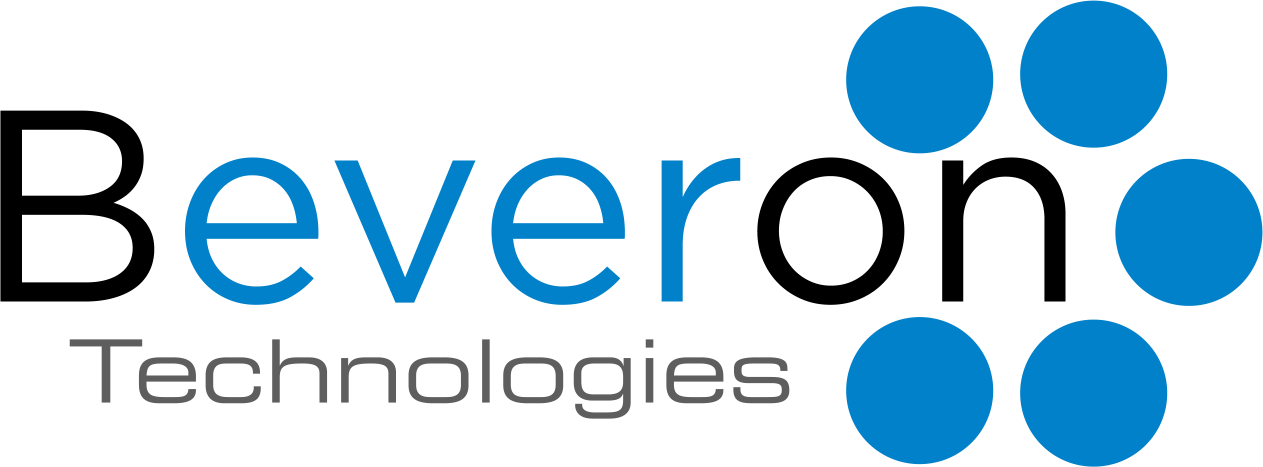Benefits of Legal Knowledge Management

How corporates uses legal management software in UAE, Qatar, Oman for managing legal department?
Corporates in the UAE, Qatar, and Oman are increasingly turning to legal management software to enhance the efficiency and effectiveness of their legal departments. This specialized software facilitates streamlined document management, contract tracking, and compliance monitoring, ensuring that legal processes are organized and easily accessible. With features tailored to the unique legal landscapes of these countries, such as compliance with Sharia law principles, the software helps corporations navigate complex regulatory frameworks. Additionally, it assists in task automation, allowing legal professionals to focus on strategic decision-making rather than routine administrative tasks. By leveraging legal management software, corporations in the UAE, Qatar, and Oman are optimizing their legal operations, fostering compliance, and ultimately contributing to the overall success of their organizations.
How legal department share information within the team and organization?
Legal knowledge management refers to the way corporate legal departments create, preserve, and share information within their team and organization. This information can be broken down into three main categories:
Explicit Knowledge:
This is basic operational information that’s easy to systematically document and share. Examples of Explicit Knowledge are:
1. Standard Operating Procedures
2. Company Policies
3. Legal data and related reports
4. Current case laws
5. Templates etc.
Implicit Knowledge:
This can be defined as any new information that’s learned through applying explicit knowledge. Implicit Knowledge varies across employees and may or may not be documented. Examples of Implicit Knowledge can be:
1. Organization Best Practices
2. Specific contract or billing formatting for 3rd Party counsel
3. Technology “hacks” and issues
Tacit knowledge:
Tacit Knowledge is termed as any subjective information learned through personal experiences and is otherwise difficult to capture in a standardized way. For instance:
1. Co-worker and vendor communication styles, habits, personalities, and personal information
Ideally, all the above areas should be covered in your legal knowledge management program, so that both employees and vendors can develop a thorough understanding of your department processes, external relationships, tools, culture, and people.
What are the benefits of legal knowledge management ?
For any in-house legal department, Knowledge Management improves team performance while supporting the company’s bottom line. The quicker you start working on a legal knowledge process, the faster you can reap these positive rewards. And as we all know, saved time leads to better productivity, employee satisfaction, and onboarding
A systematic approach to legal knowledge management reduces the amount of time employees spend digging for information — which, according to surveys, is an average of 3.6 hours each working day. These productivity losses significantly impact the bottom line, with businesses recording an average loss of $2.7 million for businesses with 1,000 employees, right up to a staggering $265 million for companies with more than 100,000 employees.
When you implement LKM, employees can quickly find what they need, and so they can do more strategic work that supports the financial health of a business. And this more efficient use of their time also reduces the likelihood of costly burnout and turnover, the latter of which worsens knowledge gaps. Additionally, when there are clear processes and systems for storing and sharing knowledge it automatically speeds up the onboarding process. This means new legal department joiners are prepared to tackle their job responsibilities and deliver value faster. A seamless onboarding process is also key to employee retention, as people are very likely to start job hunting immediately after a negative onboarding experience.
How to integrate legal knowledge management into your workflows?
While the benefits of legal knowledge management are logically understandable, the actual process of implementing it in an organization is quite challenging for in-house legal teams. But no matter what your team’s size, the following actions will set you up for long-term knowledge-sharing success.
How to set clear objectives addressing recurring issues?
The first step to implementing a successful and efficient legal knowledge management process is to identify common pain points. From there, you can set goals designed to resolve these high-priority issues. Effective legal knowledge management is like building an excellent employee handbook — you should be able to provide clear solutions and walk-throughs for common questions and complex topics.
A sample questionnaire for getting inputs before implementing LKM can include the following questions:
1) What documents or information do you spend the most time searching for?
2) Why is it hard to find these resources?
3) What do you do if you can’t find the information you need? How does this impact your work?
4) Do you think our current tool(s) for storing information are effective? Why or why not?
5) What tool(s) do you primarily use to share information? (For instance, E-mail, Slack DMs, Dropbox)
Including these types of questions will uncover the most glaring issues to address, right from missing intellectual capital to inefficient Knowledge Management systems. Then, you can easily create objectives that will help remedy these issues.
How to decide uplon the right legal knowledge management tool to use?
If your in-house survey results reveal that your employees are completely dissatisfied with the knowledge management system you currently use to create and store information, it’s time to reevaluate and find one that works better for your department. For this, you’ll first need to review the complaints and other negatives about your current LKM tool, be it your intranet portal, a spreadsheet, legacy legal tech, or something else. Just like when you set the objectives, these insights will help you determine what type of LKM tool will best support your legal knowledge management. Whatever the issues are, use your analysis results as a checklist when reviewing different document management tools to make sure you’ll get a strong return on investment.
How to design a clear process for creating and updating documents?
When implementing a new knowledge management strategy, you also need clear guidelines around the way new documents should be created, categorized, stored, and maintained. This will keep your knowledge management system working efficiently and prevent the disorganization issues you originally had before you implemented the LKM platform. These procedures will vary depending on what type of management system(s) you decide to use. For example, if you use legal technology with embedded document management, you won’t need guidelines to avoid accidentally overwriting versions because the platform saves each version. But you might need to explain how to change a user’s access to documents.
Legal Knowledge Management is the key to helping corporate legal departments maintain their productivity and ability to deliver enterprise value in a rapidly evolving business world. In-house Legal Teams need clearly defined processes and procedures that make it easy to store, access, and share key information. Preserving this wealth of legal knowledge will make scaling up seamless for in-house teams because then legal and other departments will be always in sync, and on the same page.
What is the best corporate legal management software in UAE, KSA, Dubai?
Corporate legal software plays a pivotal role in legal knowledge management by providing a centralized platform for organizing, accessing, and leveraging critical legal information. Our Smart legal counsel enables legal professionals to efficiently store and retrieve documents, precedents, and case law, fostering collaboration and knowledge sharing within the legal department. With advanced search functionalities and categorization features, the software ensures rapid access to relevant legal resources, empowering legal teams to make well-informed decisions. Additionally, it facilitates version control and document tracking, enhancing document integrity and minimizing the risk of errors. By serving as a comprehensive repository for legal knowledge, corporate legal software significantly contributes to the optimization of legal processes, improved decision-making, and overall efficiency within the legal department.
Best corporate legal management software in UAE
Best corporate legal management software in KSA
Best corporate legal management software in Dubai
If you need free demo on best corporate legal management software, please fill the form below










